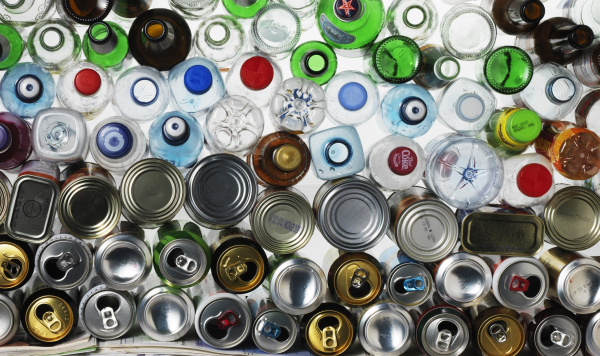Councillor Clyde Loakes, Chair of North London Waste Authority (NLWA) agrees that action needs to be taken to help households and society succeed in the “War on Plastic” as highlighted in Anita Rani and Hugh Fearnley Whittingstall’s BBC1 show yesterday evening.
Councillor Loakes says, “We work with the north London boroughs to provide recycling services to residents so that, wherever possible, the maximum value of materials can be extracted. Most recent figures indicate that 87% of plastic recycling is supplied to manufacturers in the UK. NLWA also carries out regular audits and checks, including on the income received from the sale of recyclable material, to ensure that the material is being dealt with responsibly.
“However, we recognise that recycling alone is not the solution – there are other options which are better than recycling, such as reuse, repair and reduction. NLWA has been running an extensive Waste Prevention Programme since 2007, which diverts an estimated 10,000 tonnes of waste from disposal each year. For example, in September, NLWA ran a campaign to encourage use of reusable water bottles, giving away free reusable bottles and talking with businesses to encourage participation in the Refill Scheme. And this summer, we launch an ambitious new project, working with local businesses, to develop ‘Low Plastic Zones’ in six north London boroughs. The programme also offers free reuse events and provides thousands of residents with information and advice to help them lead a low waste lifestyle.
“We recognise that consumers are concerned about plastics and want to do the right thing, but it must be made easier (and cheaper) for them. This is why NLWA supports Government proposals for a deposit return scheme (DRS) for all materials where there is a viable market, greater consistency of recycling collections, and reform of the UK packaging producer responsibility system. The impact of the plastic bag charge demonstrates that sending the right financial messages to consumers can be hugely successful. The Government has consulted on achieving greater consistency in recycling but recycling in the UK is still not compulsory. There is rightly huge public concern about climate change, and with the huge variation in recycling rates in the UK, we now need the Government to legislate to make recycling compulsory in the UK and to provide local authorities with the powers to enforce responsible and correct recycling. This offers the best way of securing higher levels of participation and getting high quality recycling. We also need a more joined up approach – across local authorities in the UK, as well as taking a lifecycle view of the materials that get produced.”

